If you are interested in cooperation, please contact us immediately, we will give you feedback as soon as possible!
![]() Whatsapp : +8613963585512
Whatsapp : +8613963585512
![]() Email : [email protected]
Email : [email protected]
| Item | Details |
|---|---|
| Model NO. | DIN 1.3247 |
| Application | Electronics Industry |
| Alloy or Not | Alloy |
| Model Number | DIN1.3247 |
| Inspection Method | Ultrasonic Testing (Ut) |
| Technique | Hot Rolled/Forged |
| Shape | Round |
| Keyword | Carbon Alloy Steel Round Bar |
| Tolerance | 1% |
| Processing Service | Bending, Welding, Decoiling, Cutting, Punching, Quenching and Tempering (Qt) |
| Minimum Order Quantity (MOQ) | 24 tons |
| Thickness | Customizable |
| Standard | American Iron and Steel Institute (AISI) standard, American Society for Testing and Materials (ASTM) standard, British Standard (BS), German Industrial Standard (DIN), Chinese National Standard (GB), Japanese Industrial Standard (JIS), European Standard (En) |
| Alloy or Not | Alloy |
| Delivery Time | 46 to 60 days |
| Use | Electronics Industry |
| Transport Packaging | Seaworthy Packing |
| Place of Origin | China |
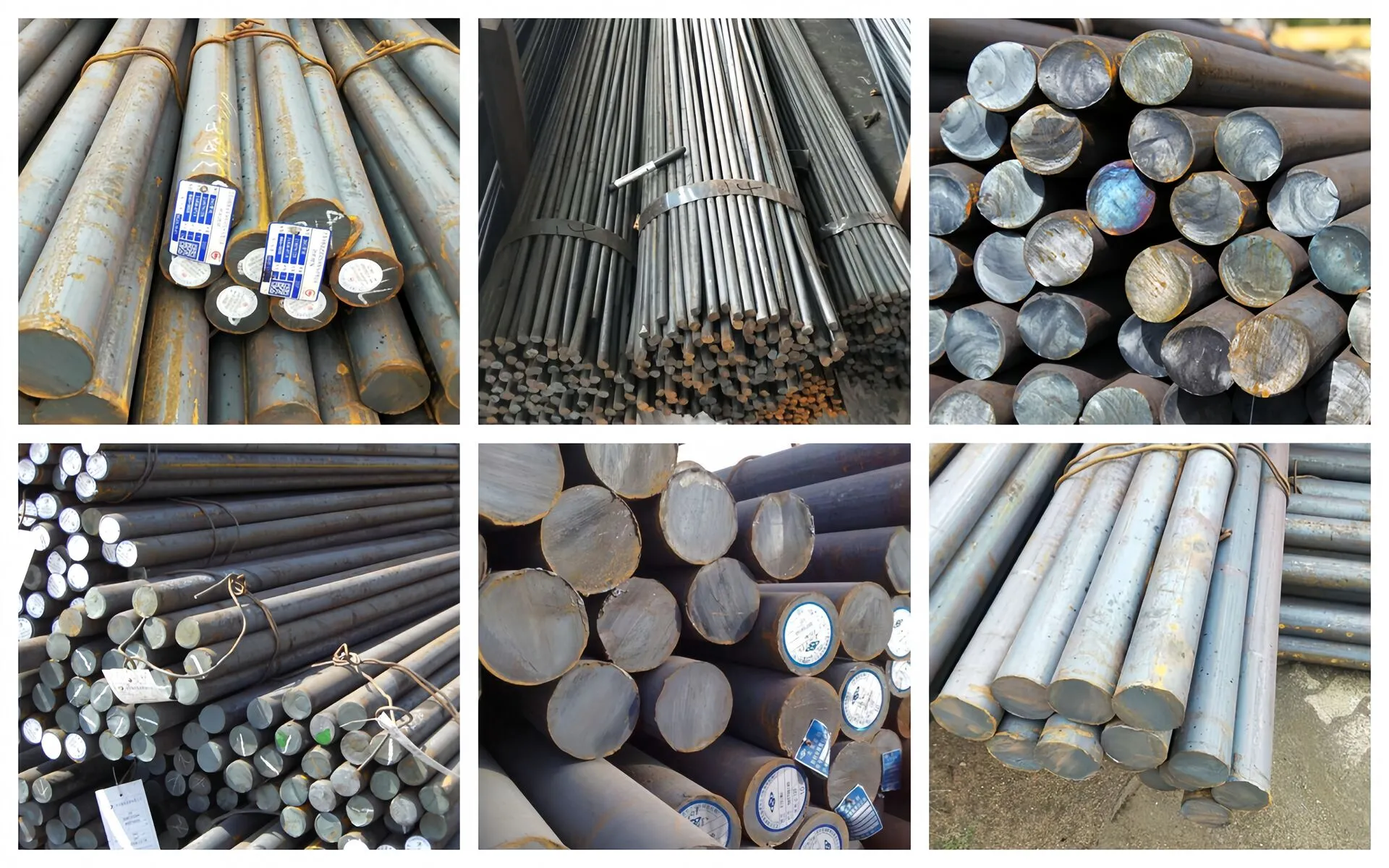
Appearance:It usually presents a metallic gray or dark gray color, with a rough surface when untreated, but it can be polished or coated to achieve a smoother finish. Different surface treatments, such as galvanizing, painting, or blackening, can be applied to enhance its appearance and corrosion resistance.
Density:The density of carbon steel bars is generally around 7.85g/cm³, which is slightly lower than that of stainless steel. For example, the density of low-carbon steel is approximately 7.85g/cm³, while higher carbon content may slightly increase the density.
Melting point:The melting point of carbon steel is relatively high, typically ranging from 1425-1540℃ depending on the carbon content. For instance, low-carbon steel has a melting point closer to 1530℃, while high-carbon steel has a slightly lower melting point due to the increased carbon content.
Coefficient of thermal expansion:The coefficient of thermal expansion is moderate. For carbon steel, the coefficient of thermal expansion is approximately 11-12×10⁻⁶/℃ at room temperature. This property ensures relatively good dimensional stability in environments with fluctuating temperatures.
Thermal conductivity:Carbon steel has better thermal conductivity compared to stainless steel, with a thermal conductivity coefficient of approximately 45-55W/(m・K). This makes it suitable for applications requiring efficient heat transfer.
Electrical conductivity:steel has moderate electrical conductivity, which is higher than that of stainless steel. The conductivity of carbon steel is about 7×10⁶ S/m, making it more conductive than stainless steel but still significantly lower than copper.
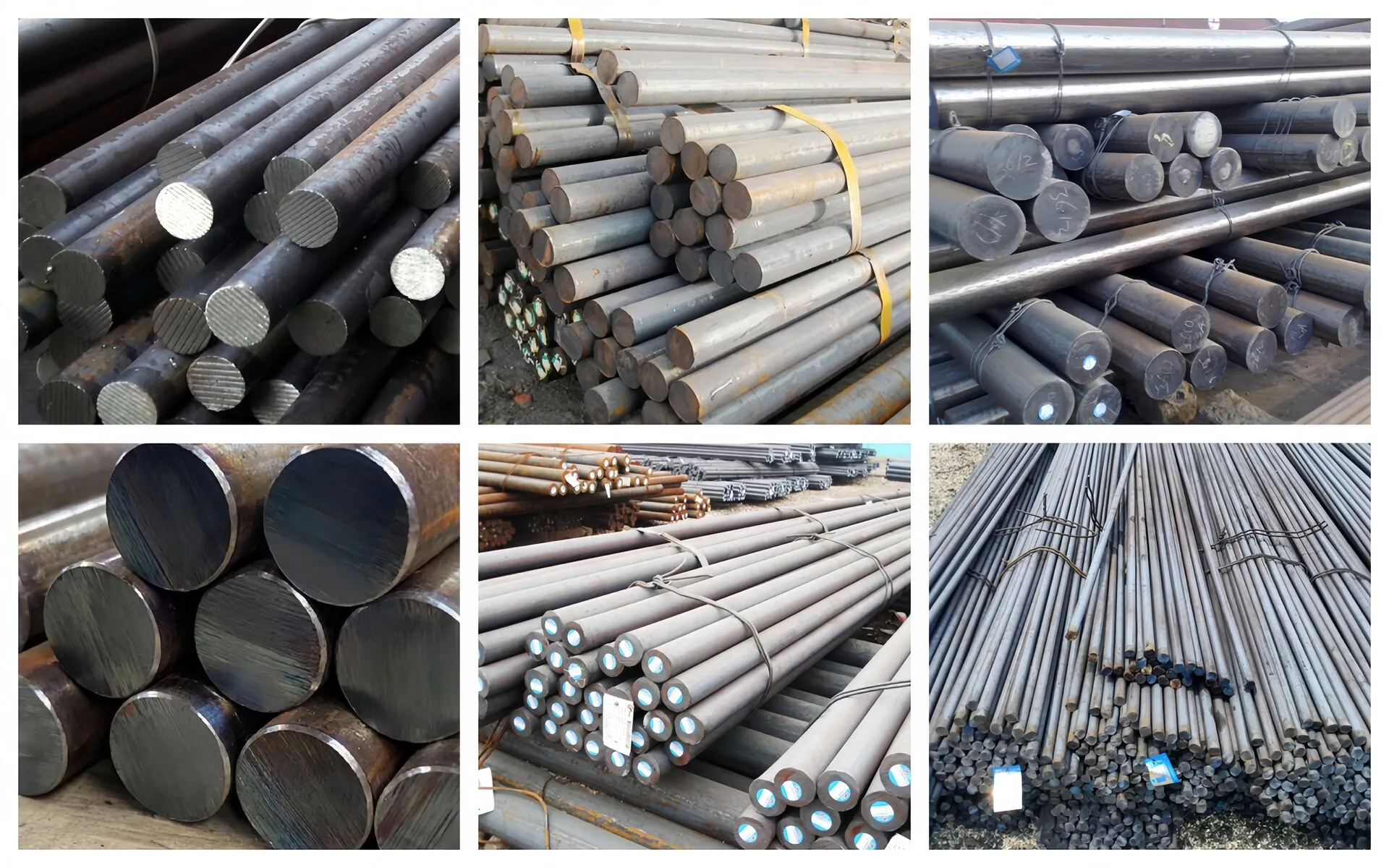
Corrosion resistance:Carbon steel has relatively poor corrosion resistance compared to stainless steel. Without protective coatings, it is prone to rusting when exposed to moisture and oxygen. Surface treatments like galvanizing, painting, or coating are often applied to improve its corrosion resistance. For example, galvanized carbon steel is widely used in outdoor applications to resist atmospheric corrosion.
Antioxidation:Carbon steel has limited oxidation resistance, especially at elevated temperatures. It tends to oxidize and form scale when exposed to high temperatures, limiting its use in extreme heat environments unless protected by coatings or alloys.
Chemical stability:In general chemical environments, carbon steel is susceptible to chemical reactions, especially in acidic or highly humid conditions. In strong corrosive media, such as acids or salts, carbon steel will corrode rapidly unless properly treated or coated.
Passivation:Unlike stainless steel, carbon steel does not naturally form a passivation film. Instead, protective measures such as galvanizing, painting, or applying anti-corrosion coatings are required to prevent rust and corrosion. These treatments create a barrier layer to isolate the steel from corrosive agents.
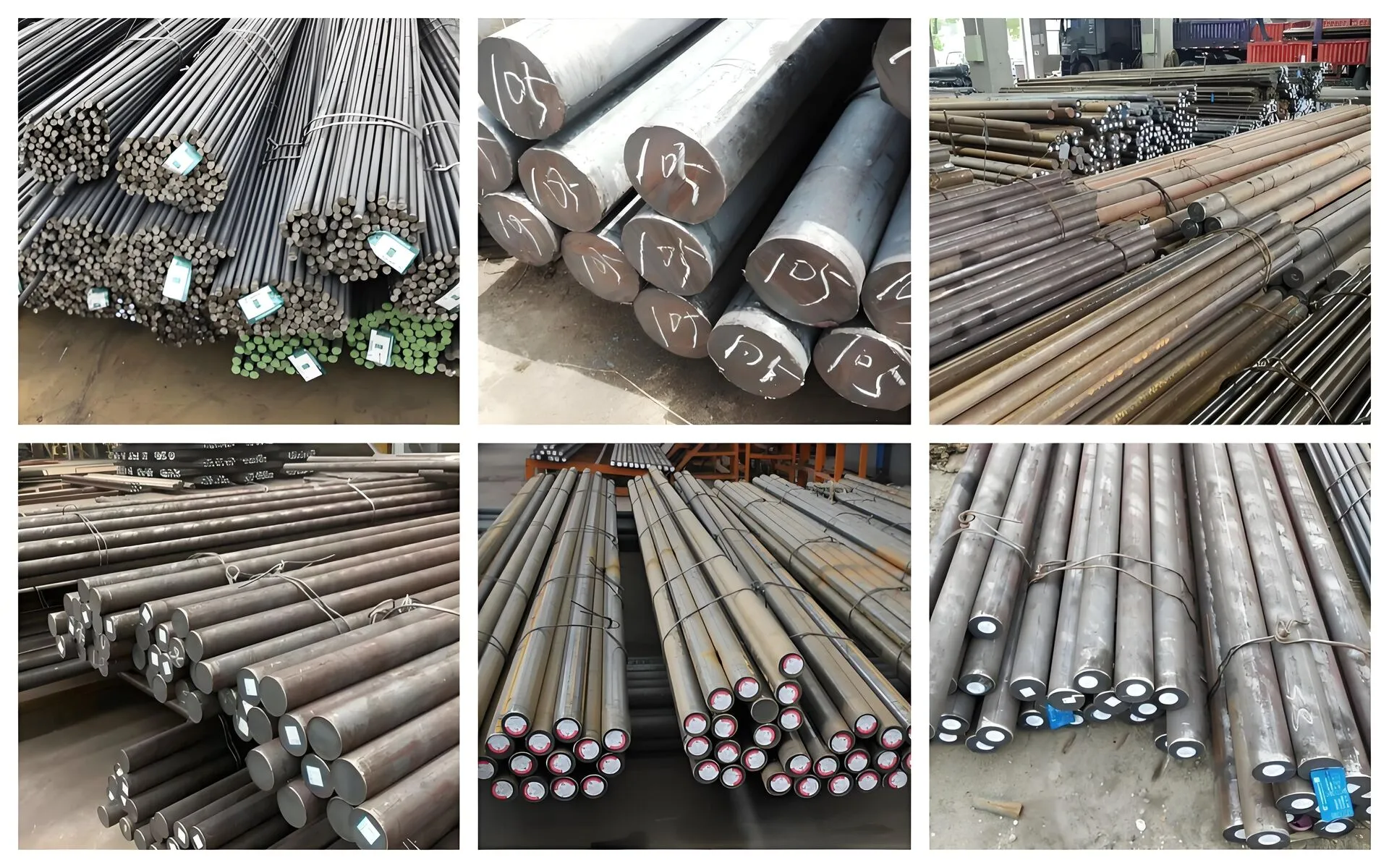
Carbon steel bars are widely used in various industries due to their high strength, affordability, and ease of processing. In construction, they are commonly used to manufacture structural beams, reinforcement bars, and frames. In machinery manufacturing, they are processed into components such as shafts, gears, and fasteners to ensure durability and reliability. In the automotive industry, carbon steel is used to produce chassis, axles, and other load-bearing parts. Additionally, in fields such as pipelines, tools, and industrial equipment, carbon steel bars are indispensable. They are often coated or treated to adapt to specific working environments, ensuring performance and longevity in demanding conditions.
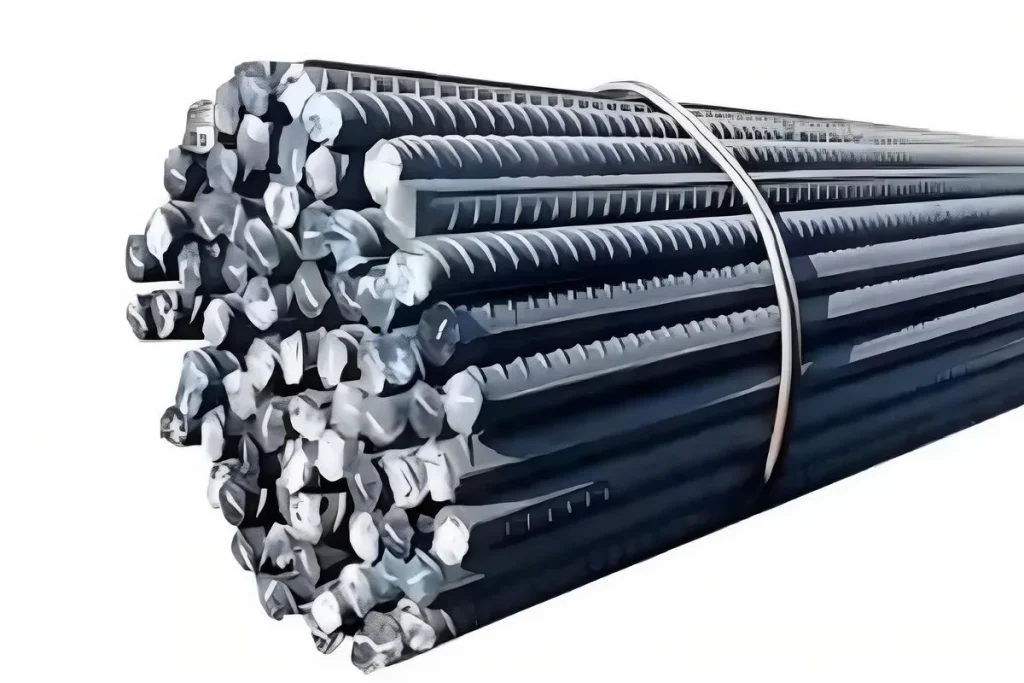
Ultra – high strength and toughness to resist extreme loads and impacts
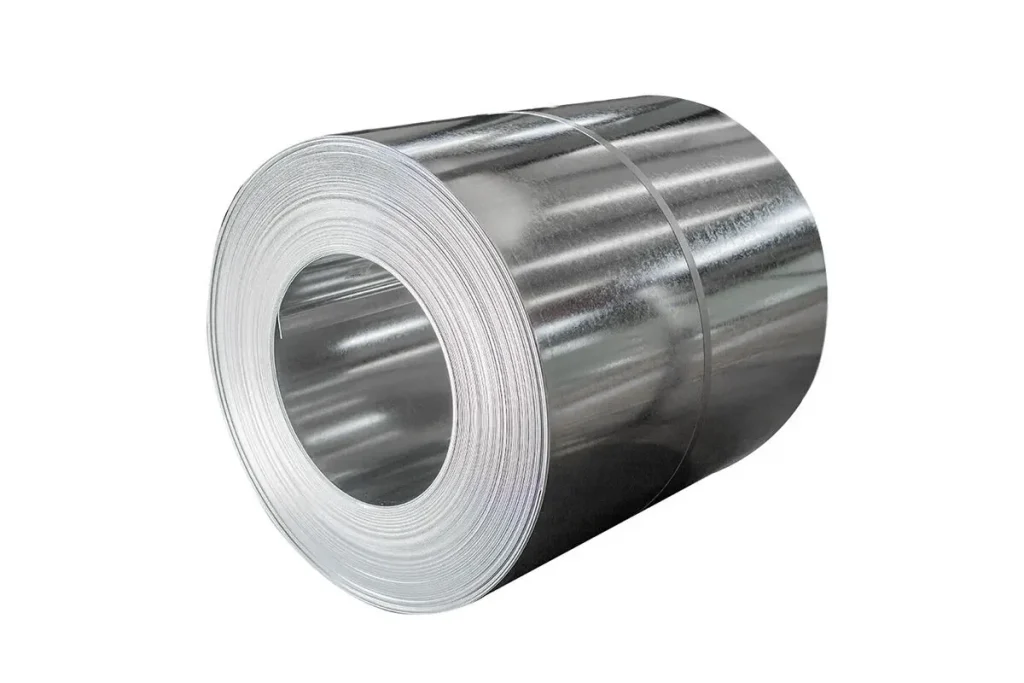
Ultra – high strength and toughness to resist extreme loads and impacts
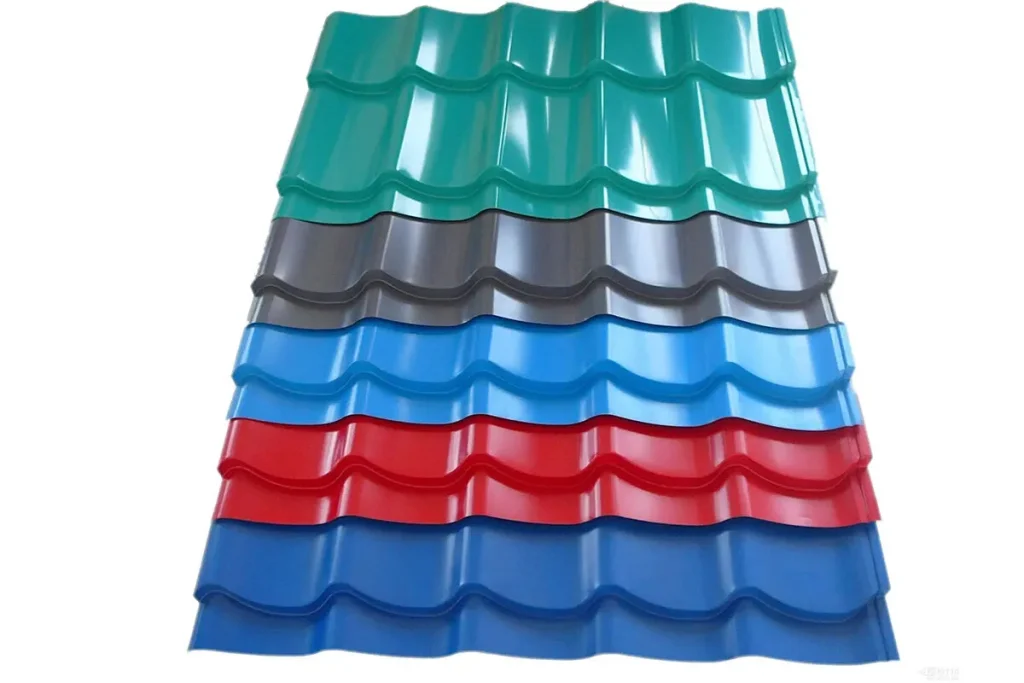
With anti-corrosion treatment, it is weather-resistant and corrosion-resistant, and can serve for a long time.
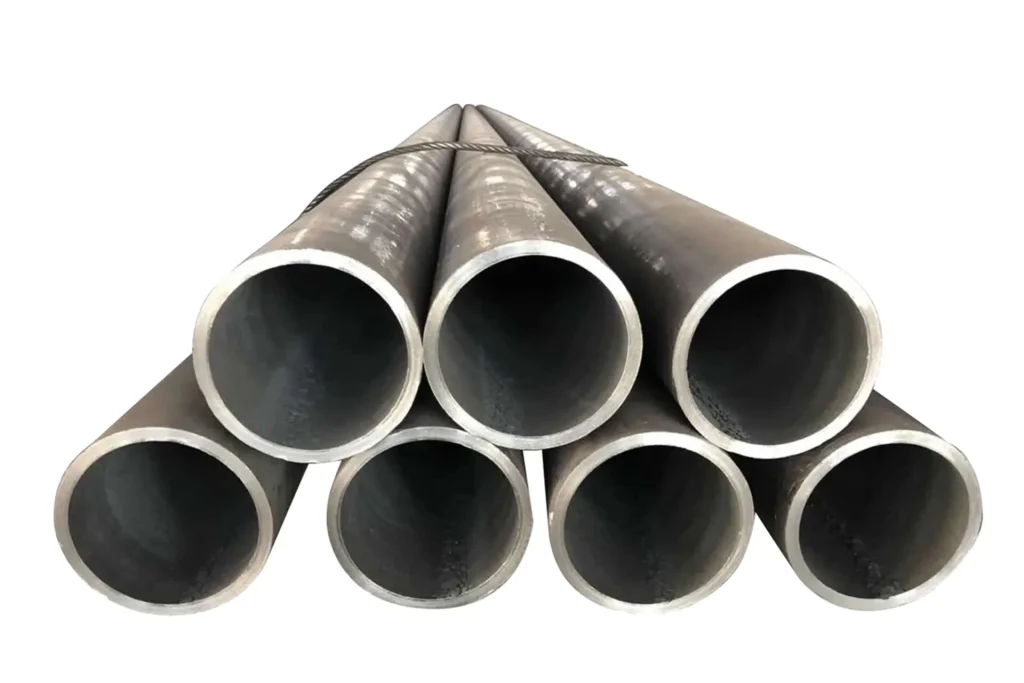
100% recyclable, reusable, low-carbon and consumption-reducing
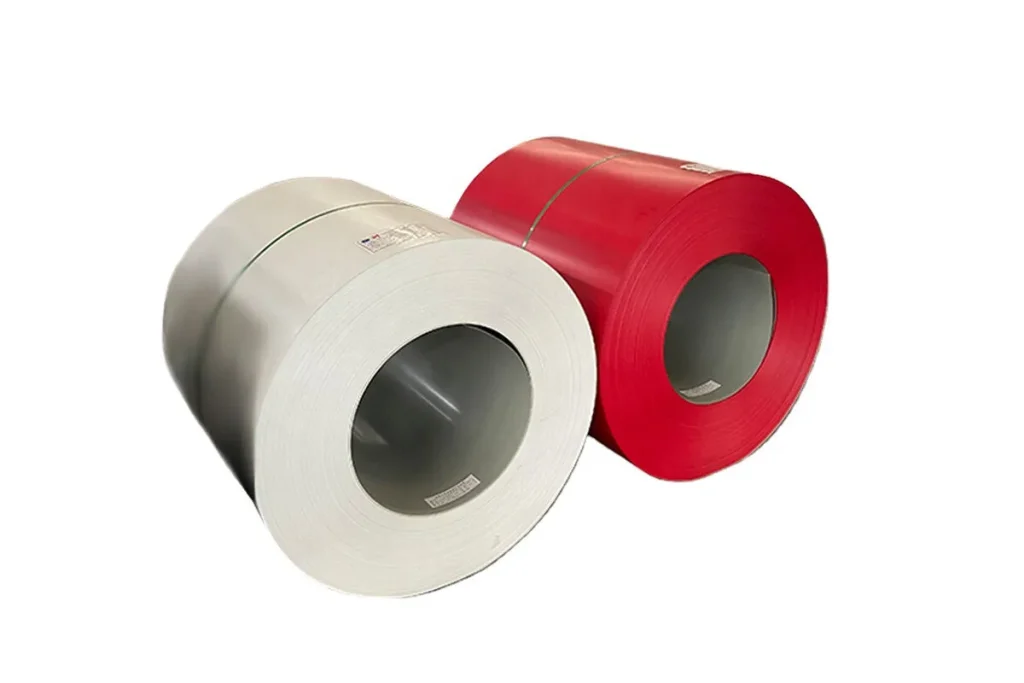
The processing is rapid and precise, and the project is delivered quickly.
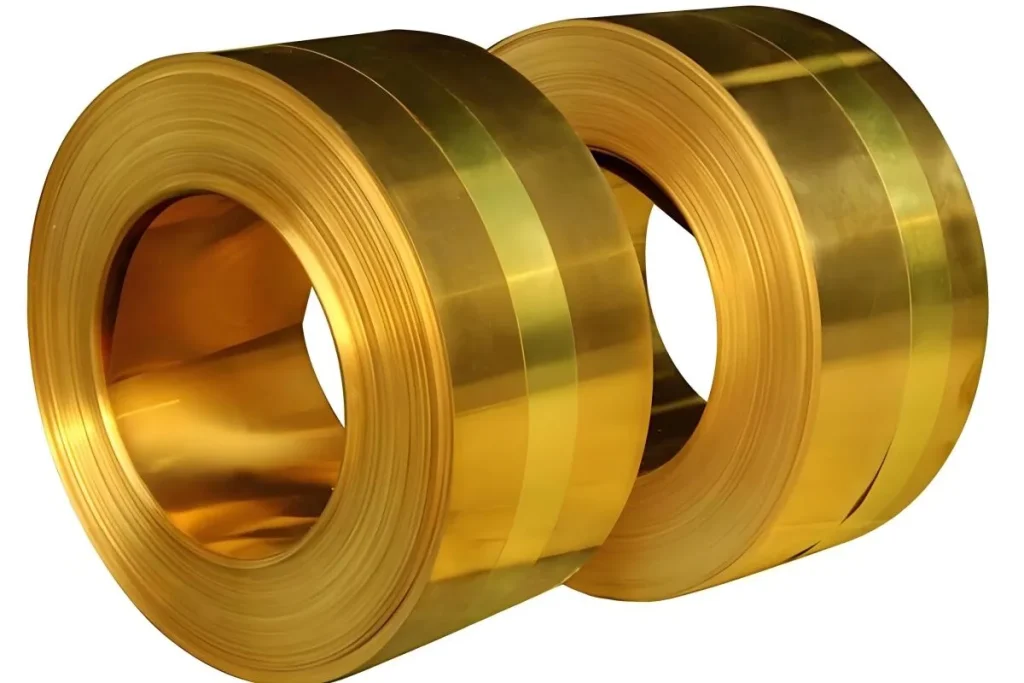
Pass international certifications such as ISO and ASTM, with reliable quality.
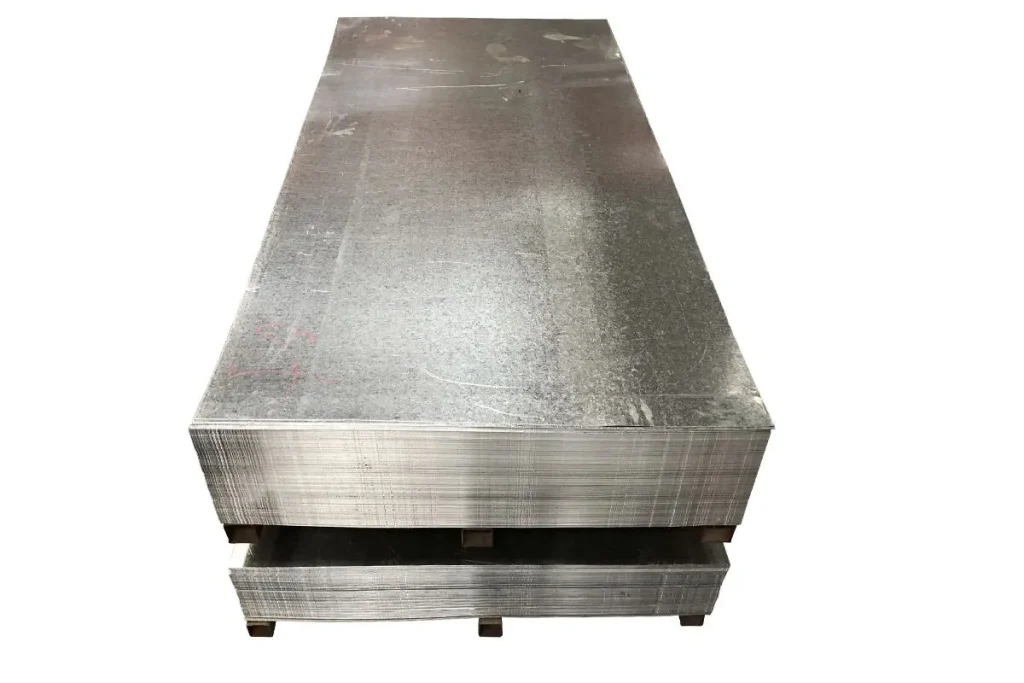
Create exclusive specifications and shapes as needed
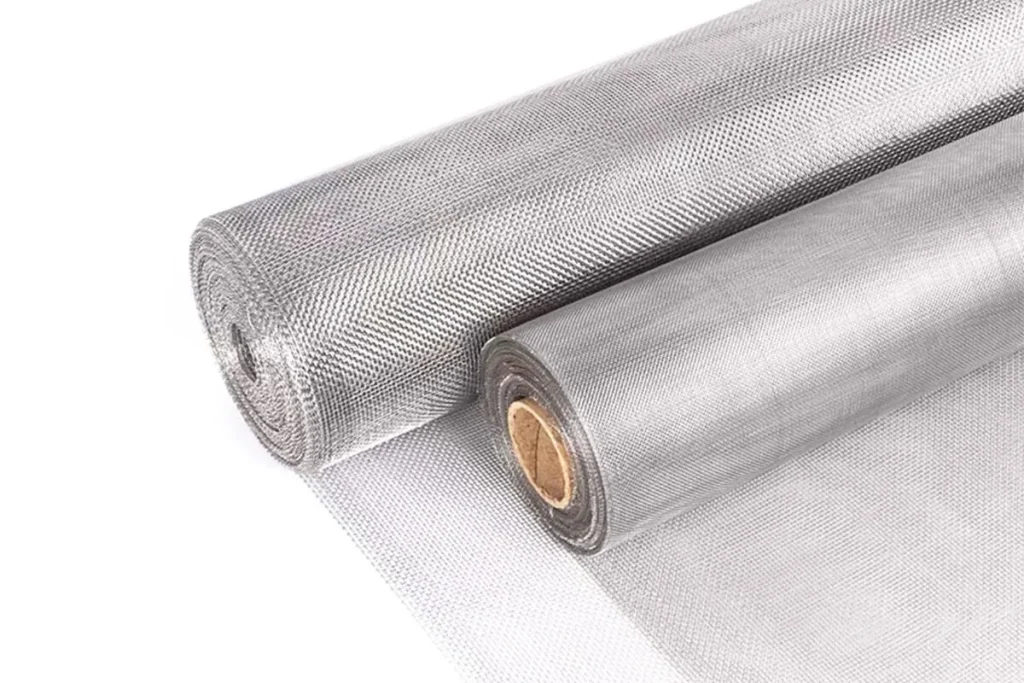
Global service team, providing full – course after – sales technical support
Our factory manufactures a comprehensive array of steel products, including but not limited to, structural beams, steel bars, plates, and coils. We also offer bespoke solutions catering to specific dimensions and compositions as per customer requirements.
Absolutely, all our steel products adhere to international standards and undergo rigorous quality assurance tests. We hold various certifications, including ISO 9001, emphasizing our commitment to quality. Each product batch comes with a certification detailing its grade and compliance standards.
Yes, we are equipped to manage significant order volumes even within constrained timelines, thanks to our advanced operational processes, sizable workforce, and efficient logistics network. However, we always suggest contacting us with specifics as early as possible for the best outcomes.
Sustainability is at the core of our operations. We utilize energy-efficient technologies, recycle scrap material, and follow strict environmental protocols to minimize our ecological footprint. Our commitment extends beyond compliance, aiming for a future-focused, sustainable approach in all we do.
Worker safety is paramount. Our factory complies with all health and safety regulations, providing regular training, enforcing strict on-site protocols, and equipping our staff with advanced safety gear. We believe a safe worker is an empowered worker.
Certainly. We pride ourselves on our capability to provide tailored solutions. Our team of experts collaborates closely with clients to understand their needs, offering custom compositions, cuts, and finishes unique to their project demands.
We manage logistics through trusted partners, ensuring timely and safe deliveries. Customers receive tracking information once orders are dispatched and can monitor their shipment in real-time. Additionally, our customer service team is always on standby to assist.
We stand by the quality of our products. In the rare instance of defects or non-compliance, we have a transparent return or exchange policy. Clients are encouraged to reach out within a specified period after receipt, and we promise a swift, fair resolution in line with our terms and conditions.